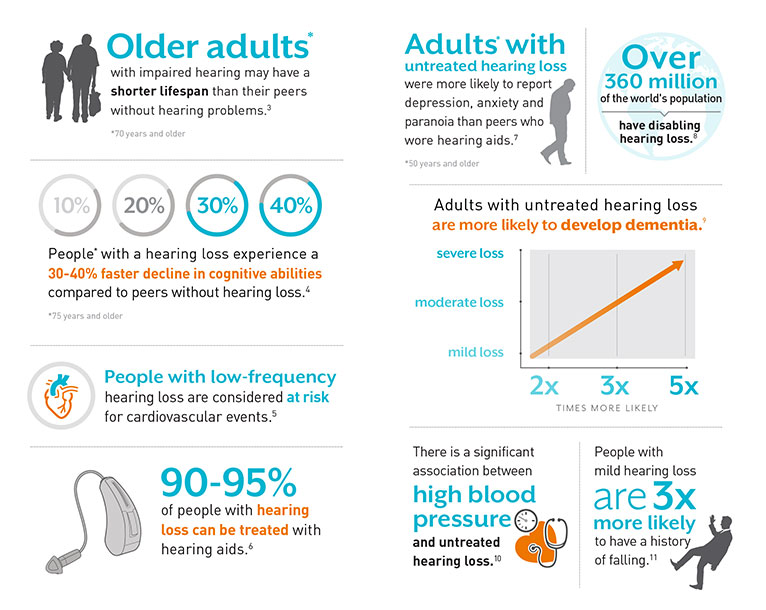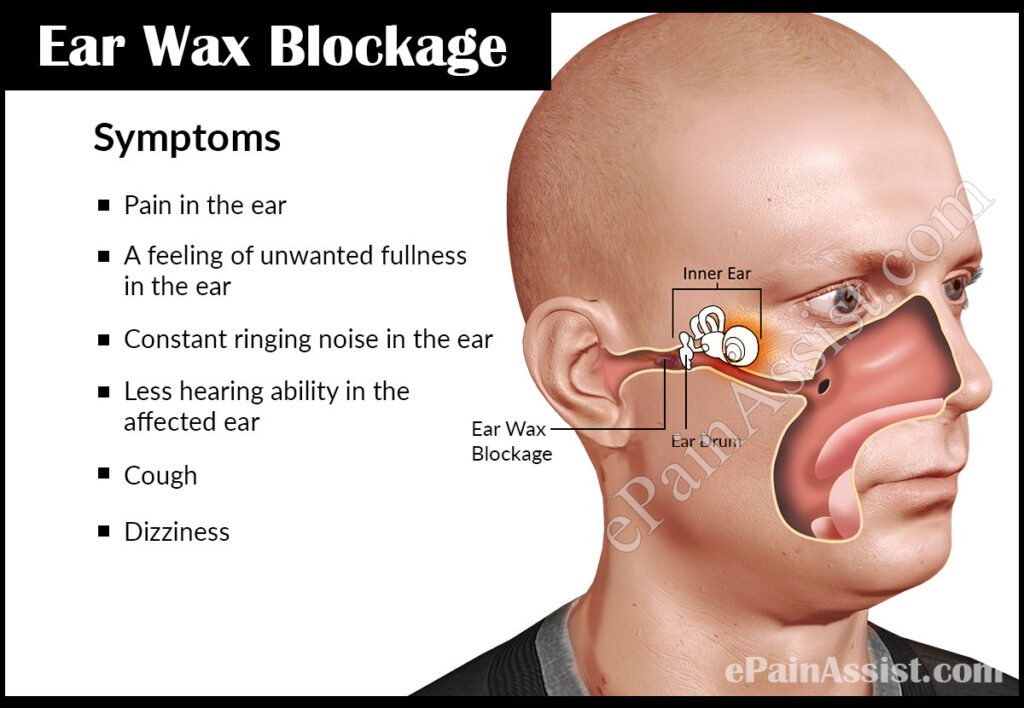Nebulizer Machines, Cool Mist Compressors, Piston Inhalers, Breathing Support Systems… There are countless devices on the market that are built specifically for administering Asthma and COPD related medications but how can you know whats the right one for you? Our team here at Blue Echo Care has put together a comprehensive list of what should be at the top of the list nebulizer for you or your loved ones.
Batteries or Plugs? Portable or Powerful? Light or Heavy?
When looking for the right nebulizer, the first question you should be asking yourself is how much travelling you’ll need to be doing with the device. This is important for several reasons: Portable Nebulizers, ones that run on batteries, weigh less than 1 lb while At-Home Nebulizers, ones that use a plug, weigh between 3-5 lbs. Smaller sized devices, for obvious reasons, are more compact and easier to take on the go. They’re also a lot easier for small children to carry. However, they do come with a downside. Portable Compressors tend to have lower compressor pressure and flow rates averaging around 14.5 PSI and 4.0 LPM respectively. At Home Compressors will be more around 30 PSI and 10 LPM. These may not seem like a big difference (a hair dryer for example has a PSI around 200) but in the world of nebulizers, this is all about time and medicine distribution. The higher the PSI and flow rate, the faster medicine is turned into cool mist. This extra 10 minutes could make all the difference when dealing with a finicky child. And as a helpful tip, you can help speed the delivering of medication by keeping consistently adding new, clean filters.
Jet or Ultrasonic Nebulizers?
- he jet nebulizer uses compressed air to turn medication into a mist. Since these devices are small compressors, they are often louder and heavier but never more than 5 lbs. Newer models are becoming quieter and quieter as piston pump technology advances.
- The ultrasonic nebulizer achieves the same outcome by using ultrasonic vibrations. These types of nebulizers have no sound, are typically lighter (around 1 lb) but are often more expensive, averaging in the $50-70 range.
What Else Should I Know about my Nebulizer?
Keeping your nebulizer clean is critical to stopping bacteria from getting into you and your loved ones lungs. Tubing, medicine cup and cap, masks and mouthepiece all should be cleaned in warm water with soap or vinegar or even a rubbing alcohol solution.
Though Nebulizers are built to last for years at a time, some of the plastic parts like the tubing might break after long periods of use. Make sure to purchase components from the same manufacturer to ensure they connect together correctly.
Our team at Blue Echo Care knows how difficult the decision to buy a nebulizer can be and we hope this quick informational blog about has helped this process for you. If you need anymore information about how to properly use a nebulizer, checkout out our How To Guide here and be sure to watch our children friendly instructional video here.
Thank you so much for taking the time to come to our website!
Sincerely,
Ed Wagner
Founder/CEO
Blue Echo Care
Sources:
https://www.medicalnewstoday.com/articles/325607.php
https://www.clinicalguard.com/difference-between-ultrasonic-nebulizer-and-nebulizer-compressor




